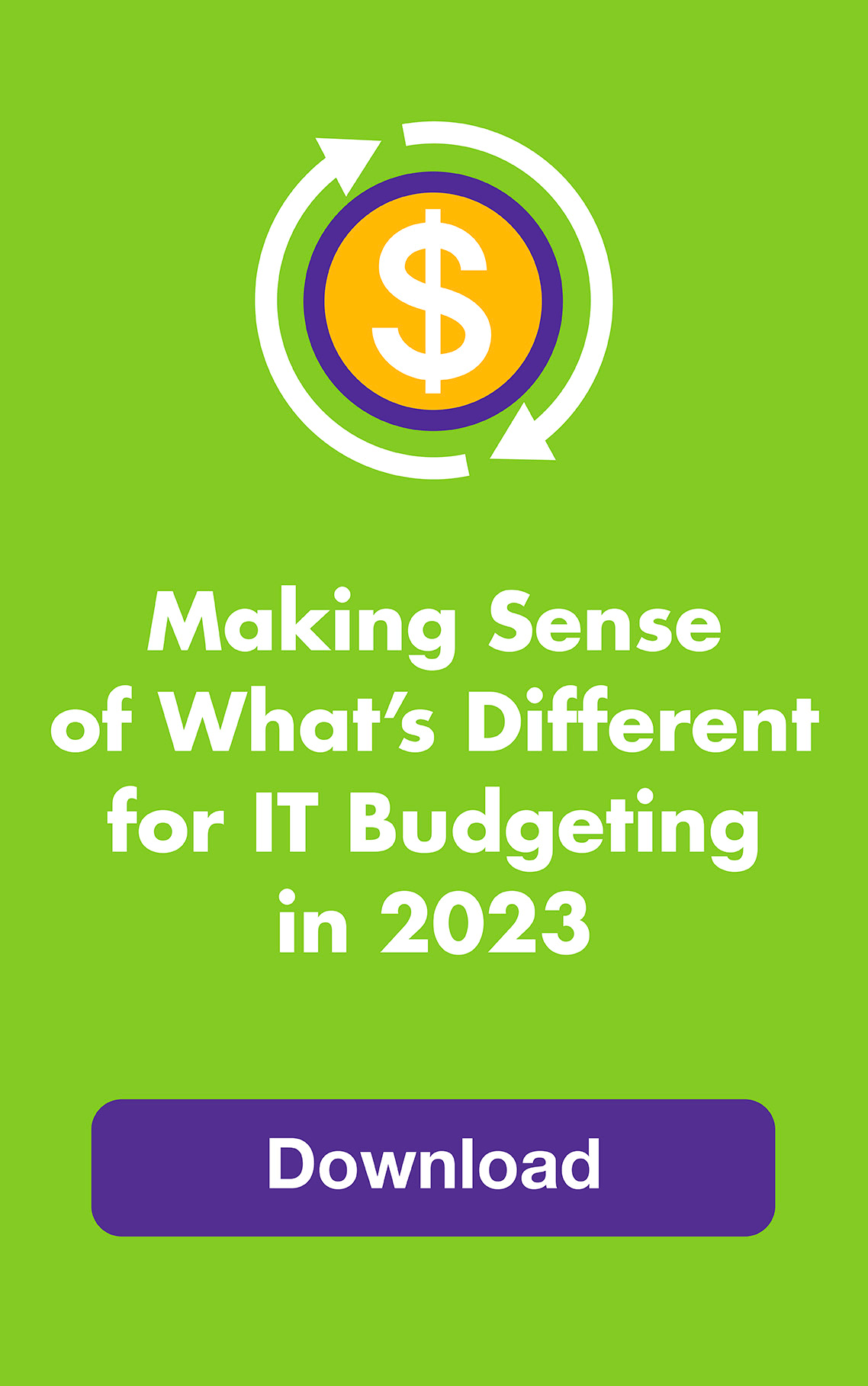June 2015: The digital currency called Bitcoin isn’t just for techies or people who fly under the radar anymore. The decentralized, open-source P2P (peer-to-peer) payment system is catching on. You can use bitcoins to buy and sell products all over the world and, now, even at your neighborhood Whole Foods and Kmart.
But how secure is virtual money? And why are people so excited — or frightened — by it? Here’s your hype-free Bitcoin primer:
- Bitcoin is totally legal in the U.S. Sure, the underground economy may trade in bitcoins but that doesn’t mean the Bitcoin concept is shady. After all, the underground economy also trades in U.S. dollars. But if you live in Russia, Iceland, Bolivia, Indonesia and some other countries, you’re out of luck at the moment.
- You buy bitcoins on Bitcoin Exchanges using regular currency (here are the U.S. exchanges). You can also sell them there if you’ve exchanged things for bitcoins. Selling bitcoins is more complicated than buying them. And bitcoin mining involves creating bitcoins for investment purposes and is even more complicated.
- You store bitcoins in a Bitcoin wallet app. But hopefully not for long. It’s not a good substitute for a savings account, as proven by the sudden disappearance of the Mt. Gox Bitcoin Exchange and other 2014 bitcoin scandals. It’s best to keep your bitcoins on a hard drive that’s not connected to the Internet. Here’s how to secure your wallet.
- Bitcoins are like cash. The transactions are instant, including international transactions. But if you lose your bitcoins, delete them by mistake, get a virus that eats them — or if someone hacks or steals your bitcoin wallet — your bitcoins are gone forever. And if you buy something and then want a refund, you need to convince the person you paid with bitcoins to give them back.
- There’s no central authority. Which is part of the appeal to many people. No fees. No banks. No middle person. No regulations – although regulations are probably coming, which should help ease consumers’ minds. Bitcoin value is purely market-driven and based on its current exchange rate, called the Bitcoin Best Bid (BBB) rate, which has fluctuated wildly.
- Lots of merchants now accept Bitcoins. Popular merchants accepting bitcoins include Amazon.com, Dell, Target, CVS, Victoria’s Secret, Whole Foods, Expedia.com, Sears, Kmart, Square, Paypal, Fiverr.com, TigerDirect, Zappos, Virgin Galactic (Virgin Mobile and Virgin Airlines), OKCupid, Overstock.com, Dish, TechCrunch, Time Inc, Bloomberg and Chicago Sun Times.
- It’s called “cryptocurrency” because it’s difficult to counterfeit. As in Bitcoin uses cryptography to protect against theft.
- Bitcoin transactions and balances are public. Transactions are recorded in the shared network of computers that power the shared Bitcoin universe. But only the wallet ID is revealed, not the names of the people involved in the transaction. From a security perspective, it’s still best to only use an ID once and follow these privacy practices.
- It has many evangelists. Fans include Forbes opinion writers, entrepreneurs, presidential candidate Rand Paul, Texas (“the cryptocurrency-friendly state”) and many others.
- It’s becoming more popular with regular people. Bitcoin saw a 57 percent increase in 2014 — up to $23 billion. Here’s an infographic and its comically consistent growth chart. Increased adoption in the U.S. has been a key growth driver recently.
- You still have to pay taxes on Bitcoin transactions. Sorry. At this time, it’s up to you to be honest, though.
Find out more at Bitcoin’s FAQ and get the latest news at InsideBitcoins and CoinDesk.
| You may also be interested in: |

